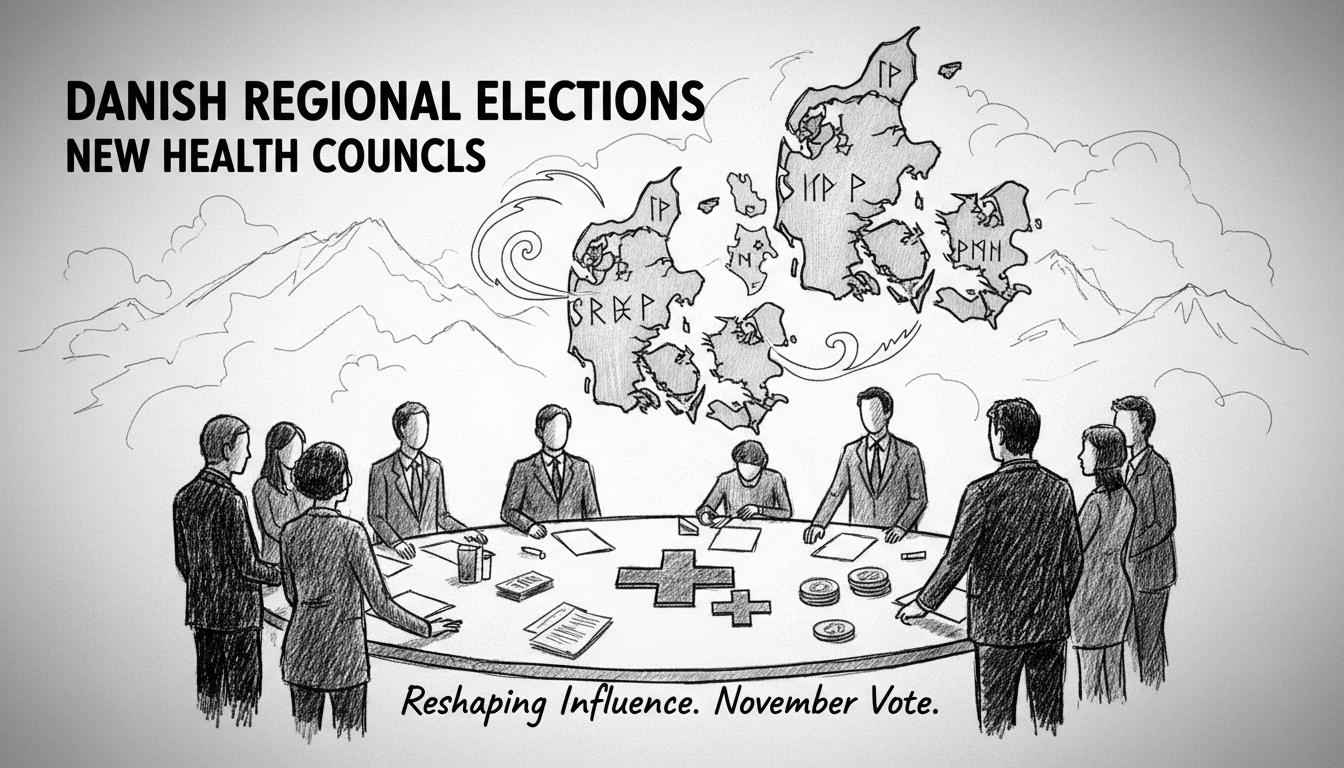Danish regional elections are gaining unprecedented importance this fall. The creation of 17 new health councils transforms traditional power dynamics ahead of the November 18 vote. These councils will oversee healthcare delivery for Denmark's regions.
Political scientists describe the development as a game-changer. The councils carry both financial compensation and substantial influence over local health services. Chair positions offer annual compensation of 227,000 Danish kroner, while regular members receive 40,000 kroner.
Professor Ulrik Kjær from the University of Southern Denmark calls this a major wild card. We don't yet know how powerful these health councils will become, he notes. The paid positions change both election campaigns and subsequent political negotiations.
Political sources confirm the paid positions alter election dynamics. Future committee chairs gain more time to focus on political work with higher compensation. This makes the positions highly desirable among politicians.
The chairs will become part of political bargaining. Parties likely need to make political promises to secure these influential positions. The councils represent a strategic advancement point for ambitious politicians.
Regional council chairman Lars Gaardhøj describes the compensation as a fine honorarium. He seeks the chair position in the upcoming Eastern Denmark Region, which will serve 2.8 million citizens. He argues the new structure creates stronger health councils than current committees.
The compensation enables more politicians to work as full-time representatives or reduce their other work hours. This could professionalize regional healthcare governance.
Denmark's regional structure undergoes simultaneous transformation. The country reduces from 205 regional council politicians to 134 as five regions consolidate into four. Two existing regions will merge into one.
The new Eastern Denmark Region will oversee six health councils. The regional council will establish their operating frameworks. Membership will combine regional council members with municipal committee chairs or mayors.
This restructuring represents the most significant change to Danish regional governance in recent years. The health councils aim to bring healthcare closer to citizens while creating new political career paths. The November elections will determine who controls these powerful new positions.
Regional elections traditionally receive less attention than national votes. The new health councils change that calculation dramatically. Political parties now campaign with these influential positions in mind.
The combination of paid positions and healthcare influence creates unusual political incentives. Some observers question whether this might lead to excessive focus on securing these roles rather than policy substance. The true test will come after elections when the new councils begin their work.

